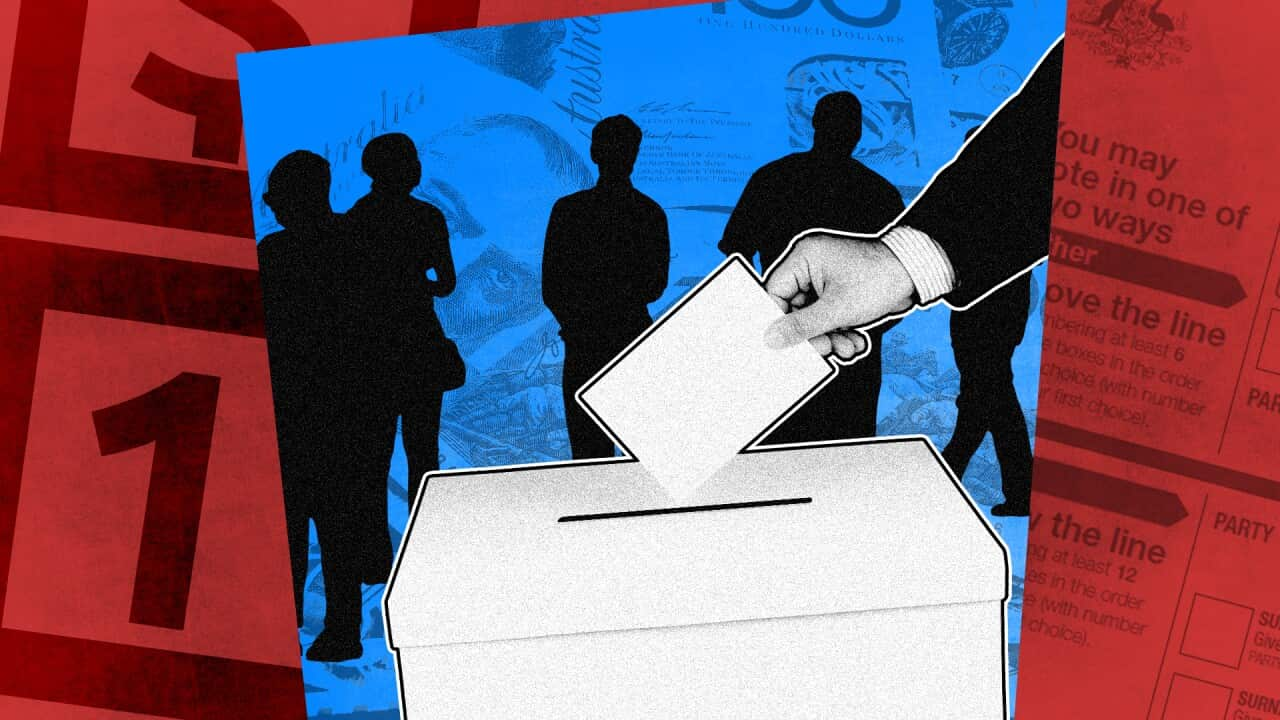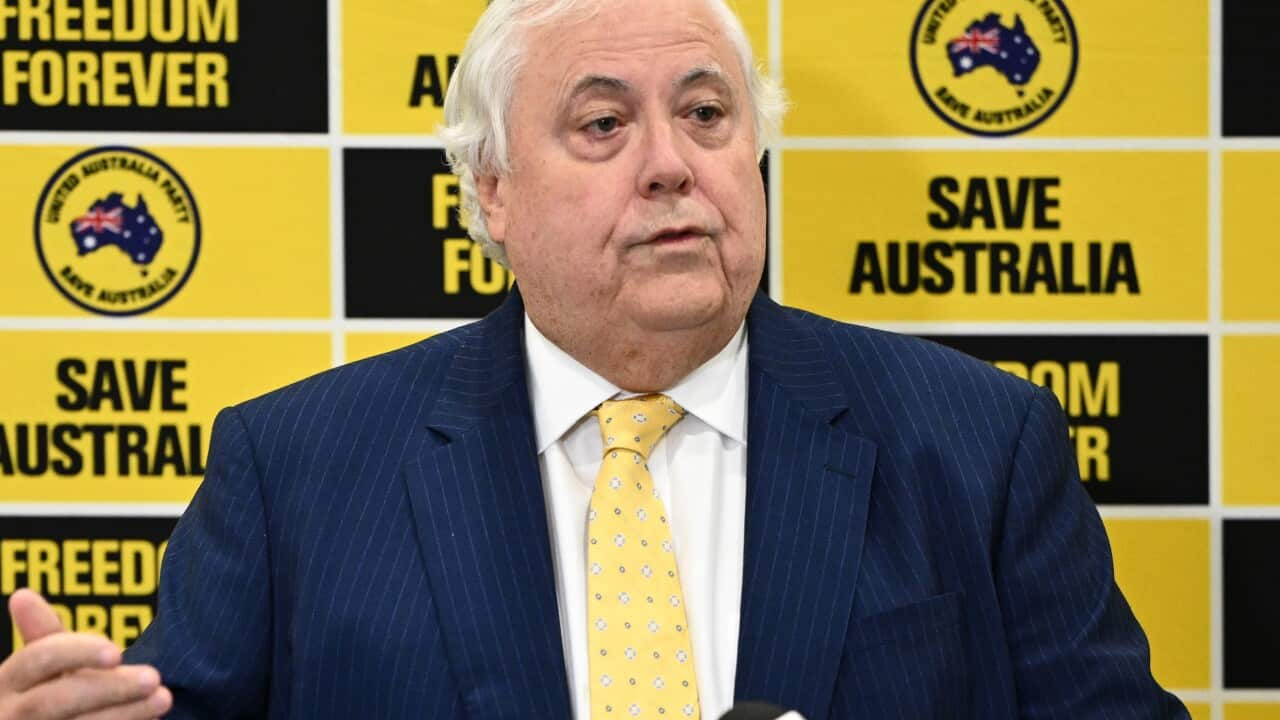Key Points
- The Joint Standing Committee on Electoral Matters has recommended reforms to reduce the influence of wealthy donors.
- Analysis has found election spending reached a record $440 million in 2022.
- The Centre for Public Integrity says there's been a "substantial increase" in the power of large donors.
Campaigns are an integral part of every political election, but how much is each party spending on them, and where does the money come from?
A joint parliamentary committee has been investigating political donations in Australia and has proposed reforms to mitigate the potential influence of wealthy donors.
So does big money wield significant influence in Australian politics, and should we be concerned about the state of our democracy?
What role do 'big money' and political donations play in a democracy?
Political donations refer to funds donated to a political party or candidate, usually in the lead-up to an election.
The more donations a candidate or party receives, the more money they have to fund advertising and campaign materials.
Donors often include financial entities, unions, wealthy individuals and corporates.
Han Aulby, executive director at the Centre for Public Integrity, a think tank that aims to prevent corruption, told SBS News politicians can often be influenced by the interests of those who fund their campaigns.
"All political parties and candidates rely on donations in order to run their campaigns," they said.
"Donors can have undue influence because if a political party or candidate or MP is relying on your money to run their campaign, there is a risk that they'll give you unfair access or influence."
Mx Aulby said donations can have an impact on election outcomes.
"The reality is, whichever party can raise the most money from donations is at an advantage at elections because they can outspend their competitors," they said.
What did the analysis find?
The Centre said its analysis revealed a "substantial increase" in the power of large donors over the last 15 years.
Election spending reached a record $440 million in 2022, with the top 5 per cent of donors contributing 82 per cent of total donations, up from 41 per cent in 2005-06.
The average cost per independent win has risen from $106,055 in 2001 to just over $1.1 million in 2022, representing an increase of 947.5 per cent, the Centre said.

According to the Centre for Public Integrity, the average cost per independent win has risen from $106,055 in 2001 to just over $1.1 million in 2022. Source: SBS News
From 1998-9 to 2021-22, the top five individual donors to the Australian Labor Party contributed $205.4 million, or 34.5 per cent of their total donations, according to the Centre for Public Integrity.
Their analysis found that the top five donors to the Coalition contributed $118.8 million, or 22.6 per cent of their total donations in the same period.
Is this a cause for concern, and should the system change?
The Joint Standing Committee on Electoral Matters has been investigating potential reforms to funding, donations and transparency. The committee released its interim report on Monday.
The report made 15 recommendations centred around political donations and spending, trust in the electoral system and Indigenous People's participation in elections.

The Centre for Public Integrity says the power of large donors has increased substantially over the last 15 years. Source: SBS News
"Many of these reforms are not untested ideas or approaches," Ms Thwaites said.
"States and territories around Australia have grappled with the same challenges that the federal system must now respond to, and they have provided models from which the Commonwealth can learn and adopt."
Recommendations included lowering the donation disclosure threshold from $15,200 to $1000 and introducing real-time disclosure requirements.
Political parties are currently required to disclose donations annually, meaning information from the 2022 election was not released until 2023.
The committee also recommended introducing donation and spending caps for federal elections.
Melbourne Law School Professor Joo Cheong Tham, an expert in public law, said parliament had an opportunity to stop the "arms race" in election campaigns.
"Reform in this area needs to be holistic," he said.
"With caps in place, we also need to limit the incumbency advantage and make public funding fairer."
Mx Aulby said rising campaign spending and funding from wealthy donors are cause for concern and that reforms should be implemented as soon as possible.
"We're concerned that big donors are having a disproportionate influence on parties," they said.
"Reform is now urgent because money in politics is getting out of control."
-Additional reporting by AAP












